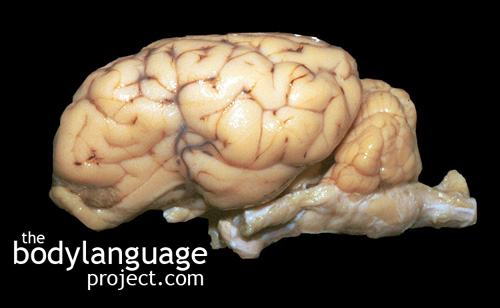We began this chapter knowing full well that lie detection through nonverbal means was difficult at best. However, we did cover a huge amount of clues that can help us by raising suspicion and provide us with leads to delve further. We began the chapter by looking at the reasons for lying which includes hiding feelings, preferences and attitudes. We found that lying is used to reduce disagreements and hurt feelings and is a useful skill in impression management. We listed the nine reasons people lie which are to avoid punishment, to gain access to a reward, to protect another person or one’s self from being punished, to win admiration of others, to avoid awkward social situations, to avoid embarrassment, to maintain privacy and to gain at the expense of others.
We found that by grilling someone for the truth it is often enough to cause someone to feel stress thereby creating the behaviour instead of uncovering it. Contrary to popular belief we discussed that eye contact can often increase during lying rather than decrease due to “duping delight” where a person receives a charge from pulling one over on someone else. We learned that lying is hard work so should expect that when someone is caught with difficult questions that they should exhibit more nonverbal leakage and might even ‘appear’ to be thinking harder. Nervousness and guilt was touched on which showed that at times liars can give themselves up through a higher pitch, faster and louder speech, speech errors or stuttering, blushing, an increase in blink rate, fidgeting, dilation of the pupils or sweating, but that these cues only reveal liars that actually feel guilt, and not all do. Liars can also tend to “freeze up” and reduce movement and we related it back to professional poker players. Next we looked at how liars remain uncommitted to their lies, and thereby use less exuberant gesturing, and can stop or reduce touching when they lie.
Next we looked at the “truth bias” which shows that an average of sixty-seven percent accuracy is found when detecting the truth, whereas forty-four percent is found while detecting deception because people expect to be told the truth so have adapted to detect it. We found in this chapter that truth tellers (and liars) are sometimes less cooperative, but not always, and looked at the FACT or the facial action coding system as another way to detect lies. “Microexpressions” were defined as facial expressions that flash across the face in 1/25 to 1/5 of a second and can betray liars because they are difficult to consciously control and appear more honest. We discussed that while lying requires fabrication, telling the truth can be just as difficult since details must be recalled from memory. Police officers, we found, are fairly good at detecting lies, but this is in spite of what they are taught rather than because of it. Lying language in children was discussed and then we classified the major gestures that are usually associated with lying, but that aren’t always actually indicative of it. Our aim in doing so was to avoid doing them so we can avoid being mislabeled as untruthful by others. These commonly associated gestures include touching the face and ears, scratching the neck, pulling at the collar, touching the eyes, mouth, or nose and closed body language. We also examined eye patterns in lying, verbal and paraverbal cues and nervous body language as they relate to lying. We discovered that machines such as the fMRI, thermal scanners, eye trackers, pupillometers and stress sniffers had a much greater success rate when compared to people, but were also expensive and impractical.
We finished up the chapter by examining true success which is achieved by the experts; the CIA who scores seventy-three percent, sheriffs sixty-seven percent, psychologist sixty-eight percent and the secret service who scored sixty-four percent as well as techniques for actually detecting lies by comparing the baseline of a person as they shift from comfort to discomfort based on questioning or other stimulus.


